As we enter the crypto space it can be very daunting for new and even seasoned users alike with all the buzz words that get thrown around, abbreviations, acronyms, memes and the like. What does this mean? What does that mean? And just when you think you’ve got it it turns out you’ve understood something wrong and mistakes have been made.
We often discuss decentralisation and expect the word to be understood fully in an instant. The fact of the matter is that all of us have more or less exclusively been exposed only to centralised finance via the modern banking system for our entire lives until entering crypto. So let’s take a dive into both of these words and try to understand how they apply to the new game and what the pros and cons are for both.
Decentralised Cryptocurrencies
- Control and Authority -
Many cryptocurrencies operate independently of a central authority, offering a decentralised system. However, this lack of oversight or governance can lead to challenges in reaching consensus during network upgrades. Many decentralised tokens offer governance to users who have a holding, allowing the investors to make steering committee decisions with the direction of the project or network.
- Intermediaries -
The peer-to-peer nature reduces reliance on intermediaries but can expose users to security risks in case of direct transactions. We often see cases of users making mistakes which leads to irreversible losses.
- Trustless System -
While the trustless nature is a strength, it can also lead to risks such as vulnerabilities in the underlying code or consensus mechanisms. Relying on a wallet or a coding system that isn’t insured or backed by any one entity could leave you holding the keys if something goes wrong.
- Censorship Resistance -
Despite being resistant to censorship, this feature can attract illegal activities, potentially tarnishing the reputation of decentralised cryptocurrencies. Bad actors can make navigating this space difficult to say the least but it does offer the most freedom to its users so striking a balance is key.
- Transparency -
While transparency is a virtue, it can compromise user privacy as all transactions are publicly recorded. That being said, wallets are usually anonymous to an individual so whilst your transactions are visible they can rarely be traced back to YOU.
- Privacy -
Enhanced privacy features might attract illicit activities and regulatory scrutiny, leading to potential concerns. This is what predominantly give crypto a bad face, scams aside, bad actors can very much use this to their advantage to perform illegal money moving activities.
Centralised Cryptocurrencies
- Control and Authority -
Centralised control provides streamlined decision-making but exposes users to risks associated with the centralised authority's actions. In other words, whilst you have a balance in an exchange or entity, they will have the final say over the direction of your funds.
- Intermediaries -
Intermediaries like centralised exchanges facilitate transactions but may also be susceptible to hacks or breaches, putting user funds at risk. No different to decentralised holdings however this tends to effect multiple users if/ when it happens.
- Trust Required -
Trusting a central entity for transactions and issuance can expose users to counterparty risk, as well as the potential for mismanagement or misuse. On top of this, they can adapt their trading fees per transaction as it is entirely at their discretion.
- Censorship Possibility -
The centralized nature allows for censorship or restrictions, potentially compromising users' financial freedom. This does make it more difficult to move illegal funds where the will for it to be governed is implemented…
- Transparency -
Centralised entities may have control over the transparency of transactions, raising concerns about their accountability.
- Privacy -
Centralised systems might offer more control over privacy, but users' personal information could also be at risk in case of data breaches. In essence, your data is at the mercy of the holder.
So with with fundamentals out of the way. What is best? What are the potential risks associated with each type?
Decentralised cryptocurrencies face risks such as network vulnerabilities, regulatory challenges, and potential misuse for illegal activities due to their pseudonymous nature. In contrast, centralised cryptocurrencies are exposed to risks like central authority mismanagement, regulatory crackdowns, and security breaches of intermediaries.
So how do we mitigate these risks associated with each type?
For decentralised cryptocurrencies, regular security audits, ongoing network upgrades, and collaboration with regulators can help mitigate risks. It’s important to research the chain and or wallet system you wish to engage with to make sure you are making a decision you understand and are comfortable with.
In the case of centralised cryptocurrencies, robust security measures for exchanges, transparent communication from central authorities, and compliance with regulatory standards are crucial for risk mitigation. Much in the case of the decentralised choosing, finding a reputable, clean, dependable, audited and compliant exchange or governing entity is crucial for your selection.
Which to choose?
Many crypto users prefer a decentralised holding. As the saying goes “not your keys, not your coins”. In essence, you will own your tokens and have full command over them. But it usually comes with the trade off of having to solely manage the funds and if anything goes wrong you will be left with the problem.
Centralised entities can offer you cheap and far reaching services. But have full authority over your holdings so again you may be subject to service changes, account closures or account breaches beyond your control.
The most important take away is to make sure that which ever path you take, you understand the nature and policies of where you’ll be storing your hard earned coins. When I’m doubt, back out.
[link] [comments]

You can get bonuses upto $100 FREE BONUS when you:
💰 Install these recommended apps:
💲 SocialGood - 100% Crypto Back on Everyday Shopping
💲 xPortal - The DeFi For The Next Billion
💲 CryptoTab Browser - Lightweight, fast, and ready to mine!
💰 Register on these recommended exchanges:
🟡 Binance🟡 Bitfinex🟡 Bitmart🟡 Bittrex🟡 Bitget
🟡 CoinEx🟡 Crypto.com🟡 Gate.io🟡 Huobi🟡 Kucoin.
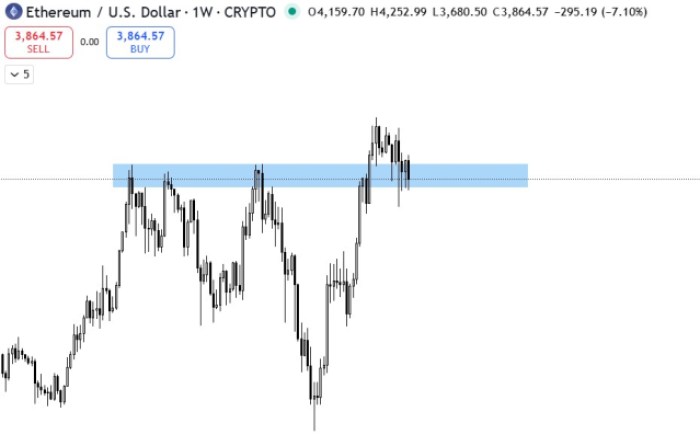

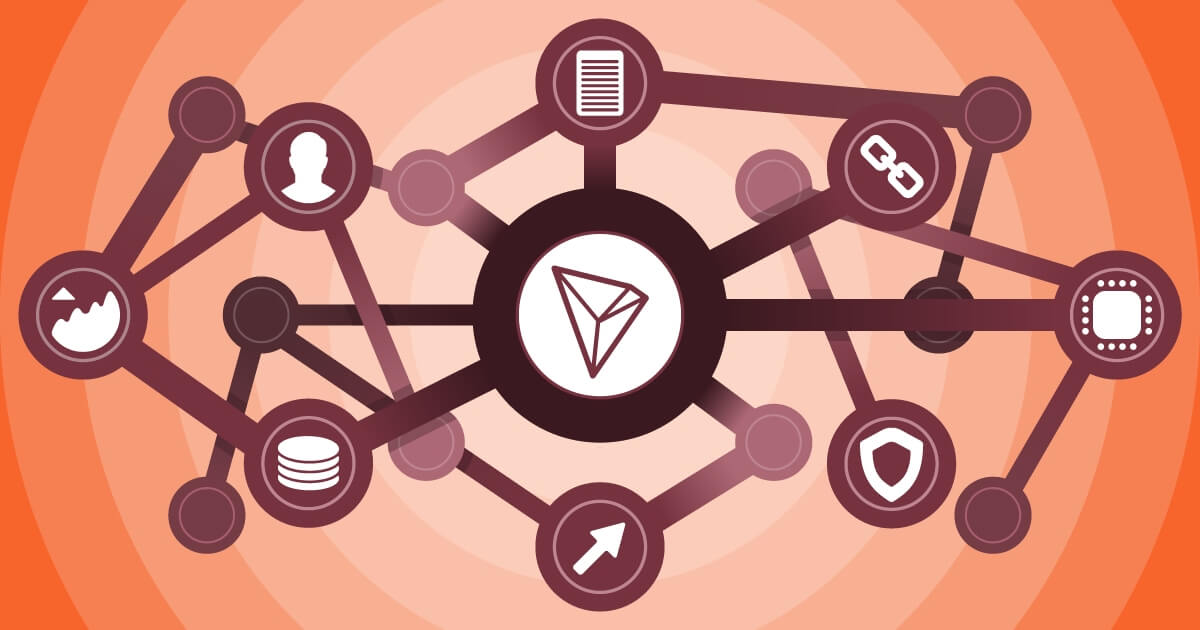
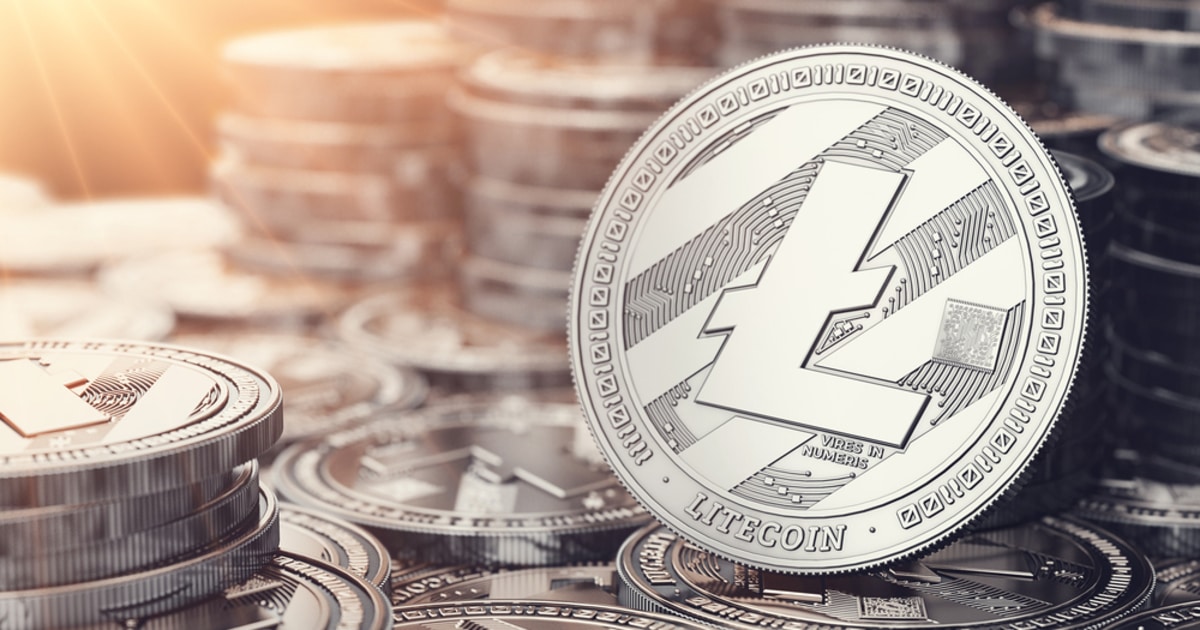


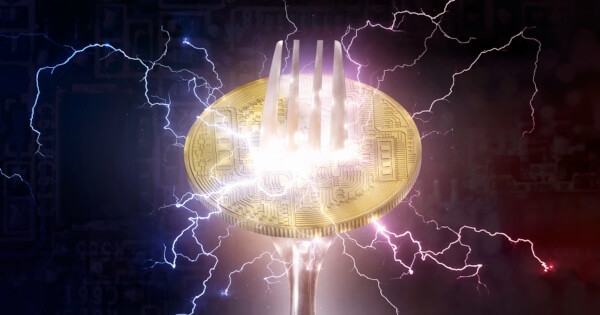

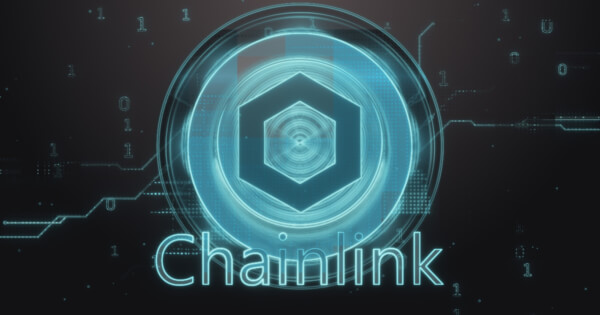
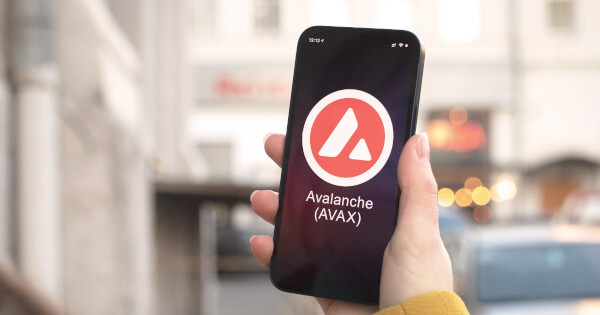
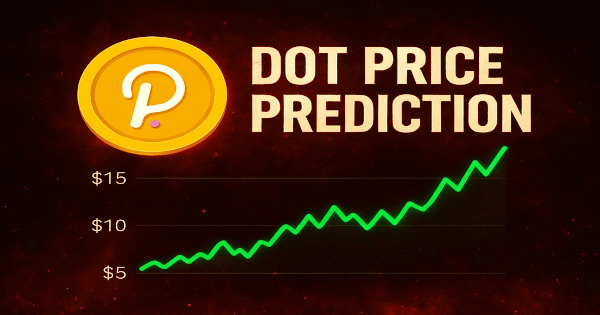
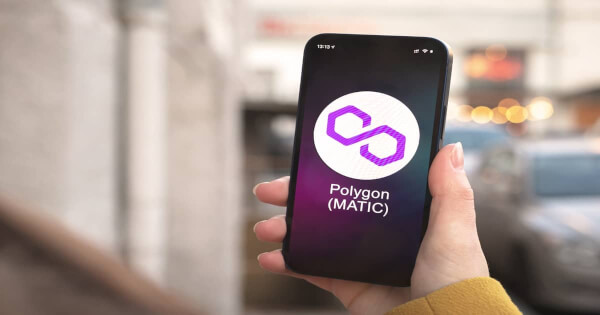

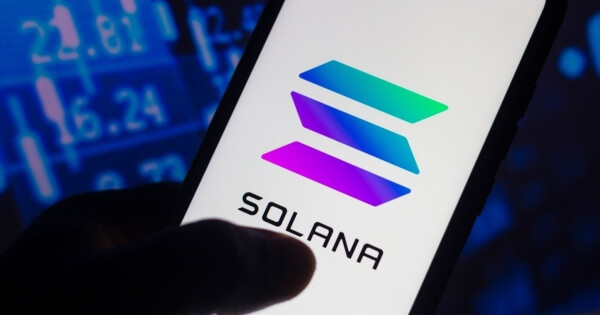

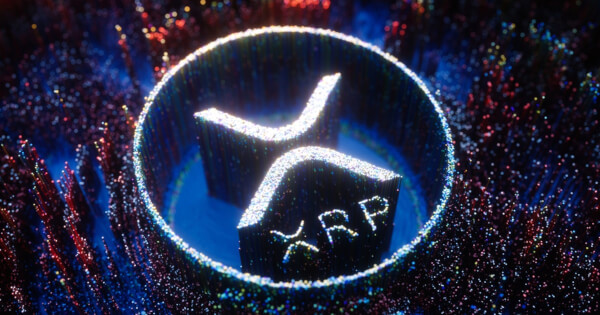

Comments